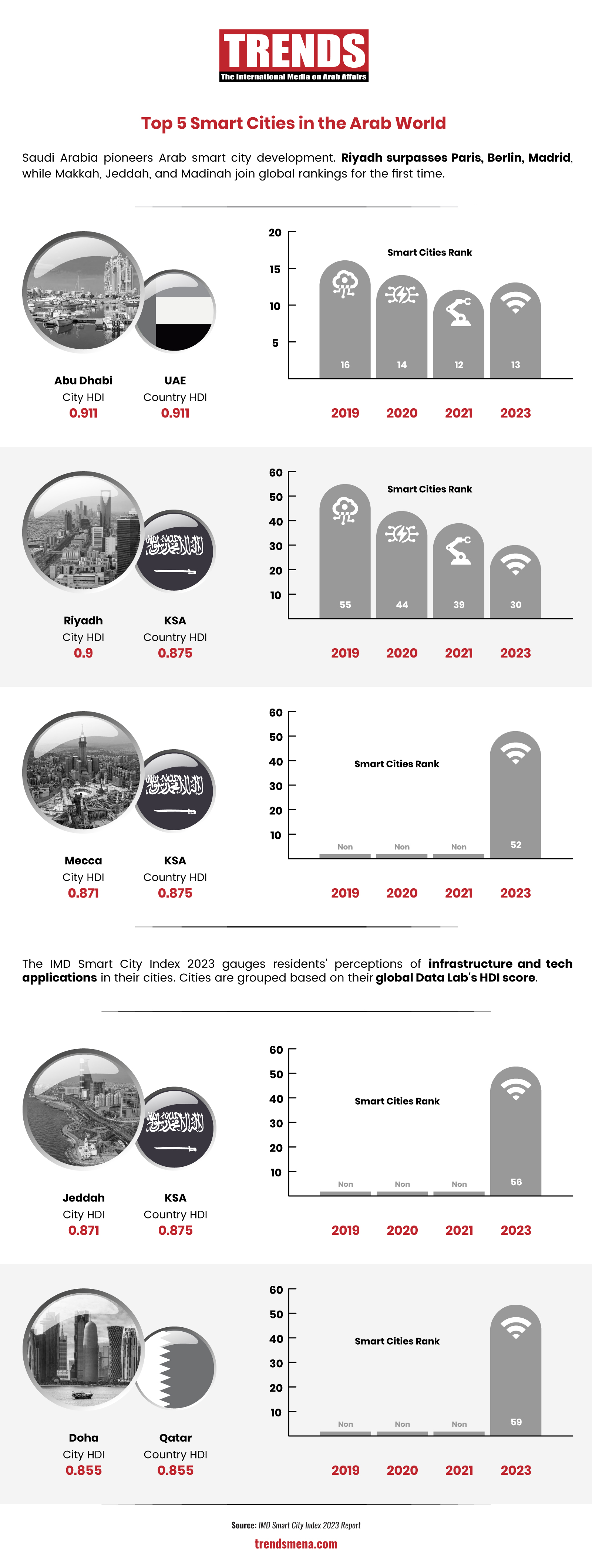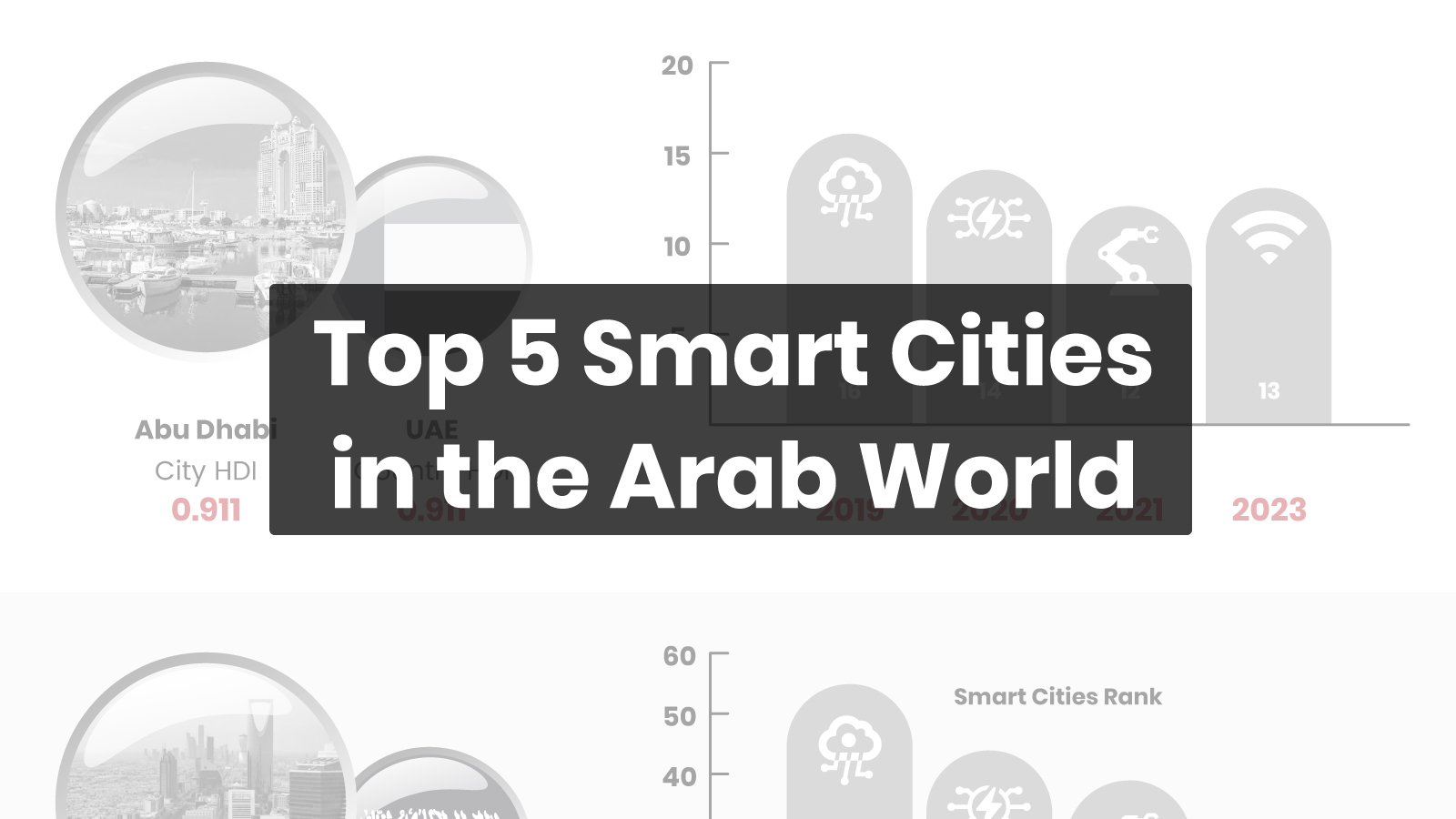Dubai, UAE — Middle East’s biggest economy, Saudi Arabia, plans to establish more than 200 smart cities, the kingdom’s Minister of Municipal, Rural Affairs and Housing Majed Al Hogail said last year. The cities will use AI systems in numerous fields, including inspection, waste management, parking, and spatial planning.
As smart cities are being planned across the GCC to make the region more sustainable, integrating smart roads and sustainable construction requires a high level of technical proficiency, including data analytics, sensor technologies, and software development skills, said Ahmed Sayed, Middle East Business Development Director for ACCIONA Transports Solutions.
The Middle East and North Africa’s smart city spending is expected to reach $2.7 billion by 2022, driven primarily by the region’s progressive, innovative city projects and initiatives.
NEOM, Egypt’s New Administrative Capital, Abu Dhabi’s Masdar City, and Dubai Digital Park are examples of this trend. What is driving the investment in smart city projects?
Here is a look at the five top smart cities in the Arab world:









